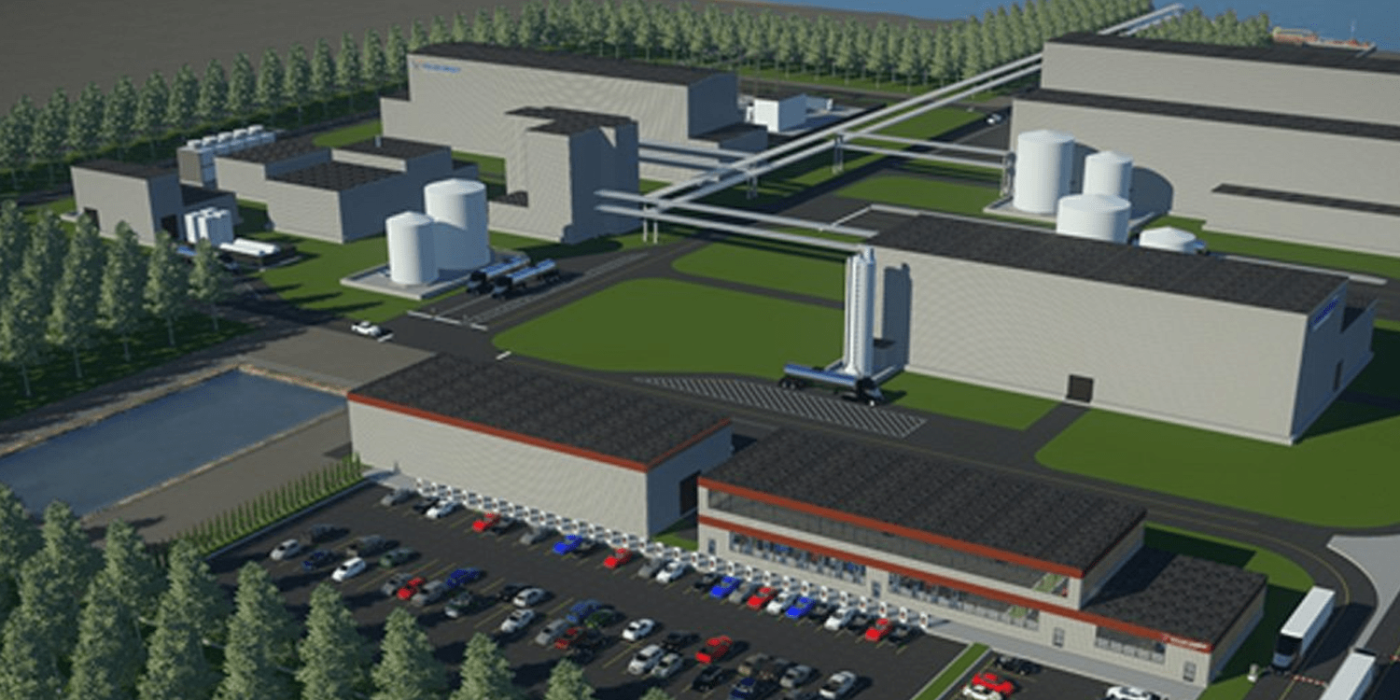Vulcan Energy to source more lithium in Germany
Vulcan Energy Resources has announced the results of its definitive feasibility study for the first phase of its CO2-free lithium project in the Upper Rhine Graben. In Phase 1, Vulcan Energy aims to produce 24,000 tonnes of lithium hydroxide monohydrate (LHM) per year.
Compared to the preliminary feasibility study, this is an increase of 60 per cent. The reason for the increase in production is the identification of new production sites to be commissioned by the end of 2025, according to the company. In addition to the 24,000 tonnes of LHM for the battery industry, the sites are also expected to produce more than 300 GWh of renewable electricity and more than 250 GWh of renewable heat per year. Some of the geothermal heat and also electricity could be used by Vulcan shareholder Stellantis at the Rüsselsheim plant.
In addition to the results of the feasibility study, Vulcan Energy published two other important figures: Firstly, the investment for the first phase is said to be €1.496 billion to develop the sites and start production. Secondly, the production costs per tonne of lithium hydroxide monohydrate (LHM) are said to be €4,359. Vulcan points out that production costs in other regions “such as Latin America”, are said to be more than €5,000 per tonne.
According to the company, the study is based on technical data from Vulcan Energy’s operating geothermal plants and lithium pilot plants. The PP1 pilot plant has been in operation since April 2021 and has collected data in over 13,000 hours of operation.
Vulcan Energy had secured five exploration licences in the Upper Rhine Graben around the turn of 2021/2022, expanding its previous exploration area for geothermal energy production and lithium by 325 square kilometres – to over 1,000 square kilometres in Baden-Württemberg, Rhineland-Palatinate and Hesse.
“Our Project consists of commercially well-understood methods or processes with commercial analogues from other industries, but this is the first time these processes from the lithium chemicals and renewable energy industries have been combined to produce a unique, net zero
carbon, zero scope 1 fossil fuels project development,” says Vulcan Managing Director and CEO, Dr Francis Wedin. He added: “The work doesn’t stop here, it starts here, as we target start of production by end-2025 and ramp-up thereafter. This is a tight timeframe, and we recognise the significant challenge ahead of us as a growing company.”
“The work doesn’t stop here, it starts here, because we want to start commercial production by the end of 2025 and ramp it up after that,” adds Cris Moreno, co-CEO of Vulcan Energy. “This is a tight timeframe and we are aware of the big challenge ahead as a growing company.”
A separate Definite Feasibility Study is to follow for Phase 2. However, the company does not yet specify a time frame for this.





0 Comments